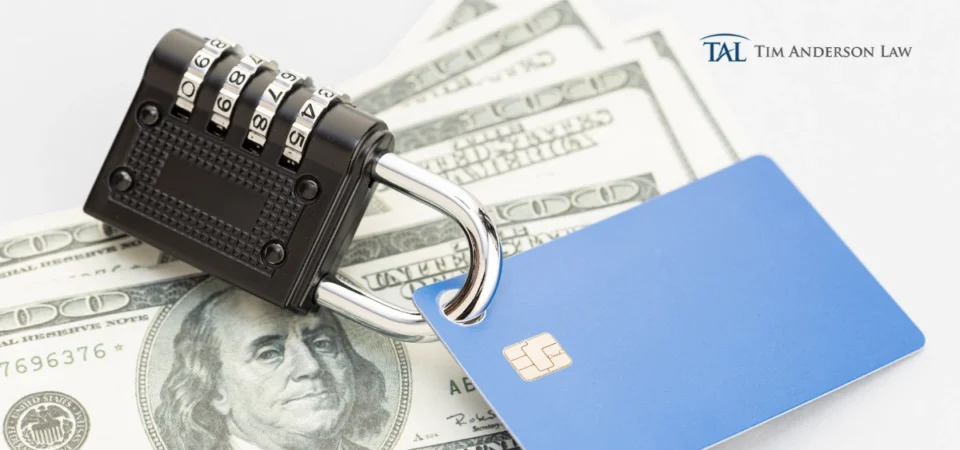The short definition – bank fraud or financial institution fraud generally refers to a transaction in which a bank is deceived in order for the perpetrator to obtain money or property.
The federal bank fraud statute is 18 U.S.C. Section 1344.
To be found guilty of bank fraud, the government must prove that someone knowingly executed or attempted to execute a scheme to:
- to defraud a financial institution; or
- obtain any of the moneys, funds, credits, assets, securities, or other property owned by, or under the custody or control of, a financial institution,
- by meansof false or fraudulent pretenses, representations, or promises; shall be fined not more than $1,000,000 or imprisoned not more than 30 years, or both.


